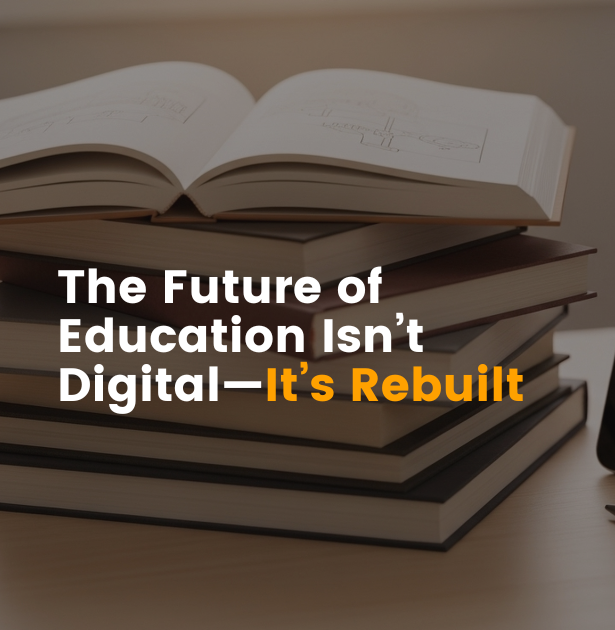The pandemic saw countless education institutes scramble in a bid to offer remote learning, which just highlighted how ill-prepared they were for future learning.
But in this transition, we also learned something vital: Edtech learning helps to level the playing field for those who are unable to join regular classes due to location, illness, or financial constraints. It offers access to courses that many could only have dreamed of, and it allows for education to be consumed on the students’ own terms, around work, family commitments, or other appointments.
It suddenly opened the door to those with young children or those working in low-paid jobs who wanted to learn more skills and fit them around their working hours. Entrepreneurs could learn vital skills such as business strategies, investments, marketing and more, enabling them to pivot to a digital business plan in an ever-changing world.
And now, as we embark on Society 5.0, the age of collaboration and the balancing of economic advancement with the resolution of social problems, we are beginning to see edtech and digital learning becoming embedded in our lives.
Children and adults alike learn better when engaged, and in this virtual world, engagement can be driven via gamification and by encompassing forward-thinking technology such as virtual reality (VR) and artificial intelligence (AI). By utilizing AI, we will also see a more personalized and varied curriculum that will enable more students to find their purpose. In this scenario, fewer students will be left to fall through the gaps–a problem that we see time and time again with traditional education.
We are now seeing the two sides of education–virtual and in-person collide with Metaversities being developed and rolled out for students who want to learn in the metaverse. This is a brilliant concept, offering a digital twin of a campus where students can meet up, share ideas, and enroll in courses, all from the comfort of their own homes.
Traditionally, curriculums in the West have centered around subject study, gradually honing interests and passions to follow a direct career path. But this is no longer fit for purpose. Our job roles are rarely linear anymore and are heavily reliant on technology. Shouldn’t we be teaching these skills to our future generations to get them ready for the world of work?
Some of the jobs we are preparing children for today may even be redundant in the future, and this is why new digital curriculums being taught–to create a new generation of leaders, are so valuable.
Just to highlight the demand for edtech learning, Coursera and EdX are now providing degree-level online courses in partnership with universities, including the University of London, at a fraction of the cost of an in-person degree. This is the power of edtech learning.
As we move forward through the 2020s, we have already seen huge global uncertainties with recessions looming in both the US and UK. With uncertainty in abundance and concerns as the cost of living continues to balloon, it will be even more important for students to leave education without significant debt. So many people are put off learning, simply because they can’t afford to or can’t attend classes while working. Why should graduates start their professional lives encumbered by huge debts that have to be paid off? A new era is around the corner for education where students will be able to “earn while they learn.” Collaboration between traditional learning and edtech will enable this, with digitized courses being offered at much lower fees and opportunities for students to monetize their own skill set and offer their expertise to others, allowing them to earn while they learn.
Edtech really does have huge power in this new digital world, and those that opt to learn via it will be exposed to new curriculums, vital skills, and cutting-edge technology, which by all accounts will enable them to be future-proofed for whatever is in store over the next decade or two.












Leave a Reply